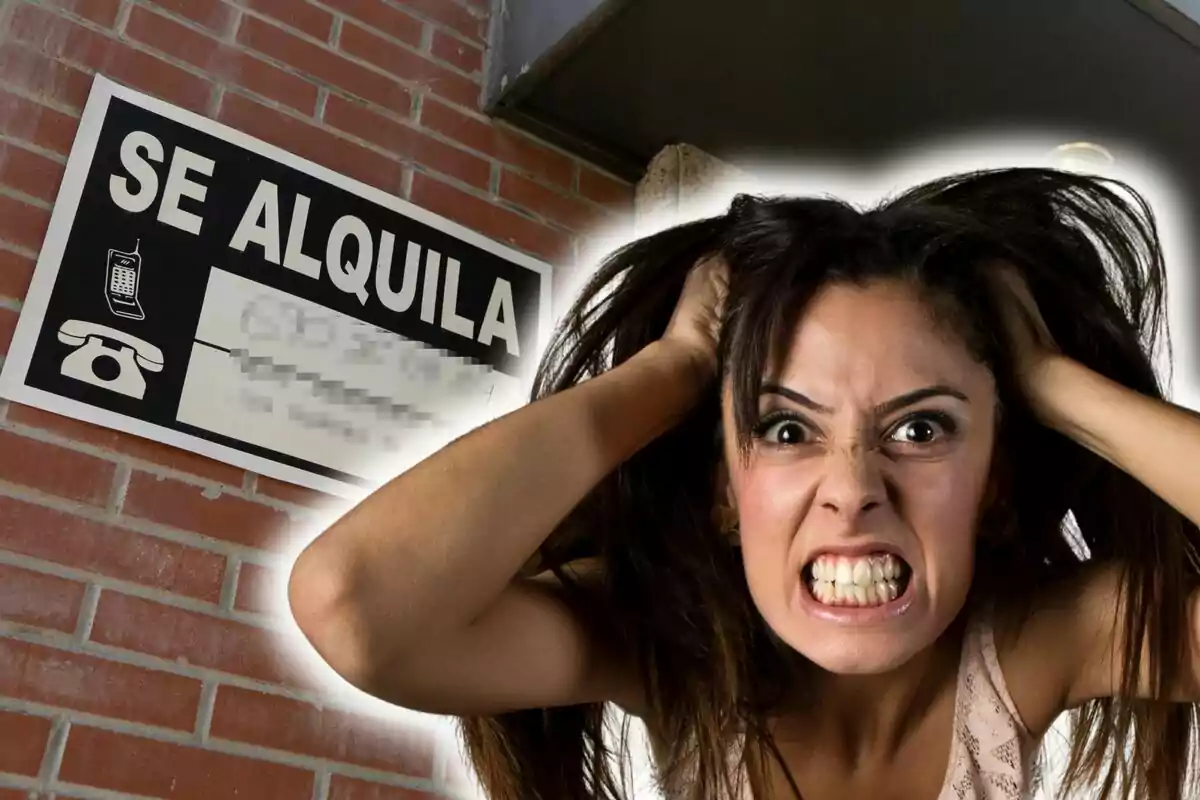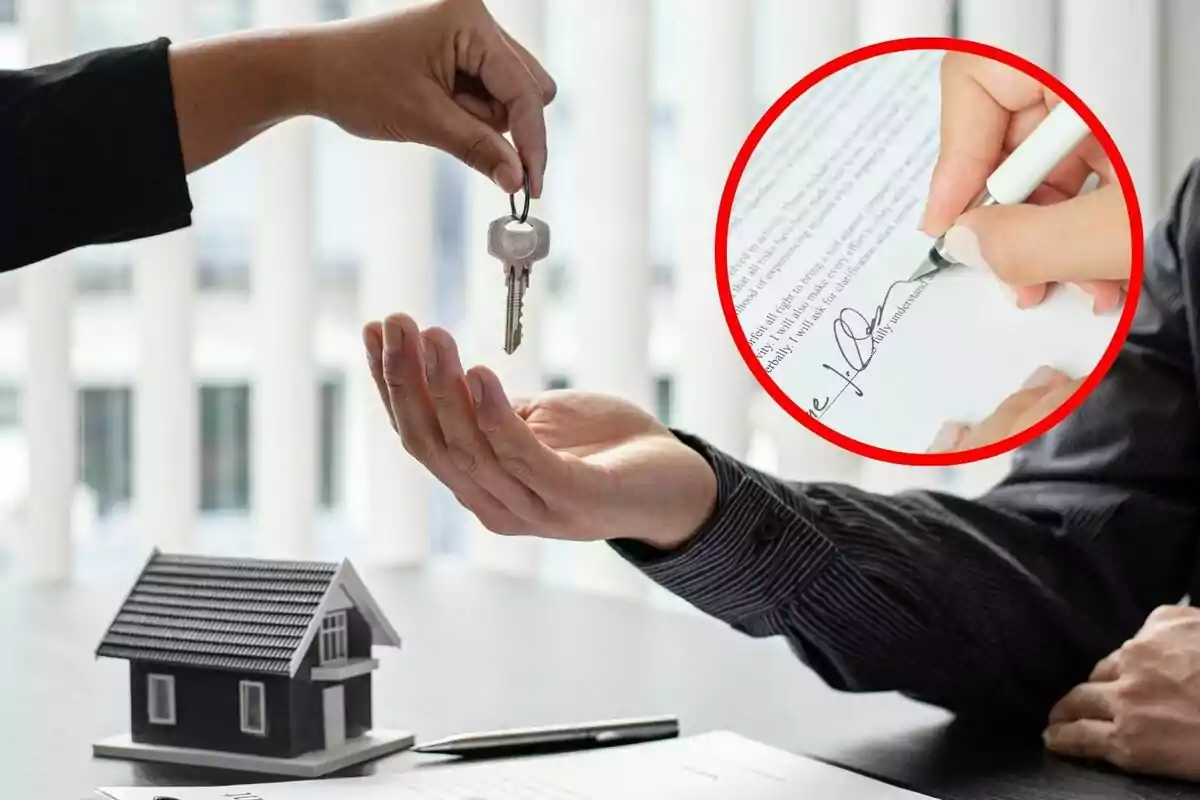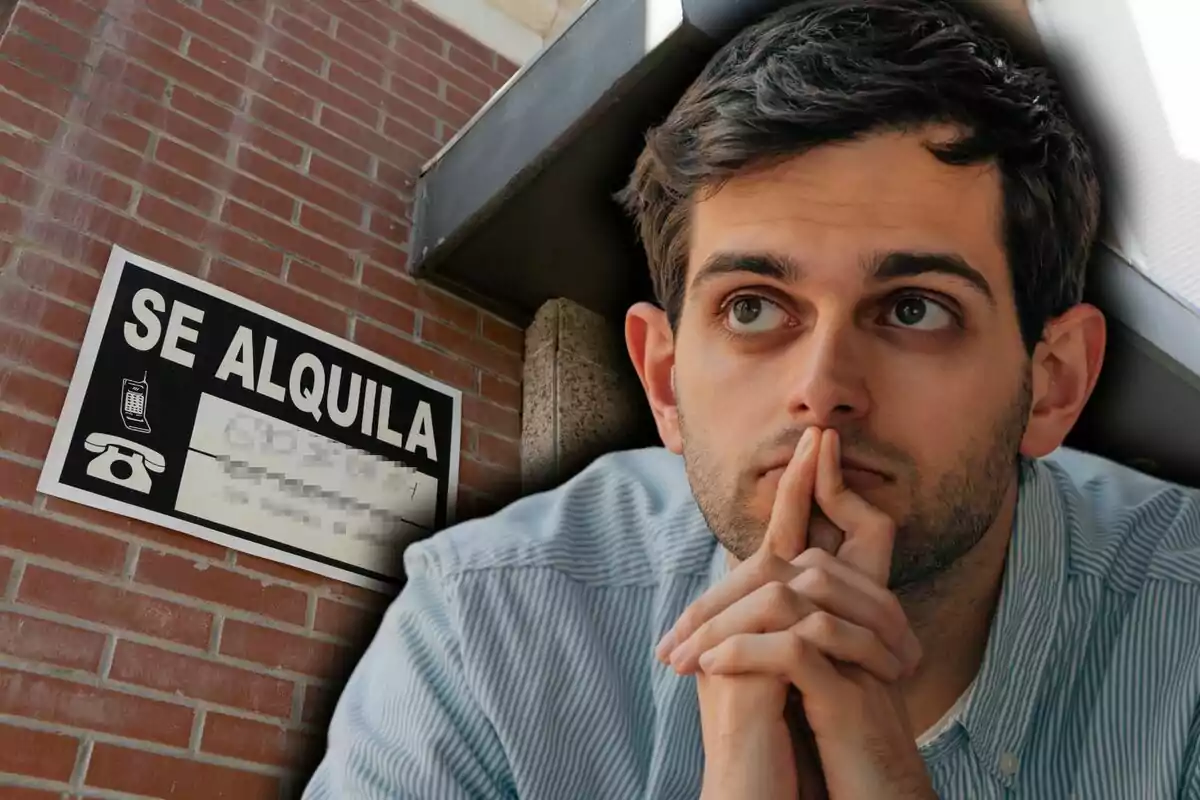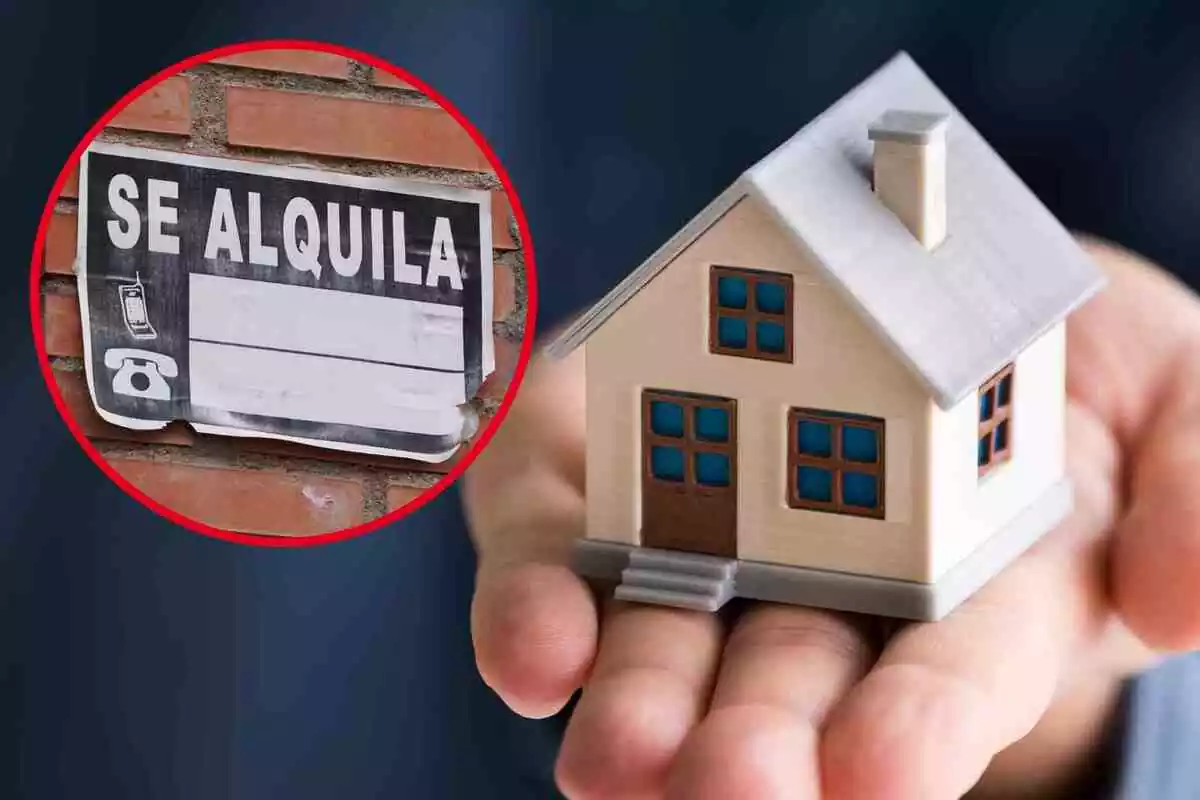
Cold water shock for homeowners with a rental property: drastic change
The new regulations in the rental market in Spain and how they will influence landlords' decisions
The rental market in Spain is about to undergo a significant transformation. With the recent agreement between Pedro Sánchez's government and Junts, several measures will begin to be implemented.
Many of them affect, as has become customary, homeowners. One of the main changes concerns rental properties, with several provisions that substantially modify the rules of the game.
Evictions suspended, the new measure with rentals
One of the most controversial decisions of the decree is the suspension of evictions for vulnerable tenants throughout 2025. This means that landlords will not be able to recover their properties if tenants are in a difficult economic situation. This measure is especially designed for when the tenant is unable to find alternative housing.

In short, a new headache for many landlords, who will find themselves unable to recover their properties. To try to alleviate this situation, landlords will have a public line of guarantees, which will cover unpaid rents derived from rental contracts. In other words, the State commits to assume the pending payments while tenants can't be evicted.
The measures, although not convincing to many, try to find a balance between the interests of landlords and tenants. Clearly, once again, the Government doesn't address the core issue: the lack of housing. This is why the new developments have once again caused some controversy among those affected.

How will the guarantee system work?
The guarantee system will be managed by the autonomous communities, with state funding. According to its promoters, it will serve to facilitate access to housing and avoid conflicts between tenants and landlords. However, there is fine print, because not all landlords will automatically benefit from this aid.
Only those with vulnerable tenants or tenants under 35 years old will be able to access these guarantees. Additionally, to benefit, the rental price can't exceed the state reference index.

The landlord must also have met several prior conditions, such as having deposited the corresponding rental deposit and its updates. If the landlord recovers the property, they can request payment of the unpaid rents within the following six months. And always provided there is a judicial resolution or an agreement confirming the recovery of the property.
This package of measures has caused much controversy among a large part of the landlords. Many lament that, once again, they will have to bear the brunt, as they will not be able to use their properties freely. In many cases, the goal is not to put the property back on the rental market, but to enjoy it.
More posts: